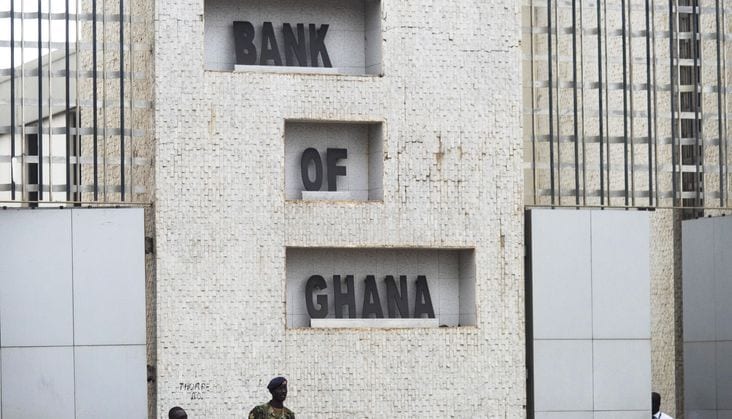The Bank of Ghana (BoG) has initiated a comprehensive audit of all remittance transactions occurring between October 1, 2024, and December 31, 2024. This audit represents a significant undertaking by the central bank to ensure the integrity and robustness of the remittance ecosystem within Ghana. The primary objective is to gain a detailed understanding of the current remittance processes, identify any vulnerabilities, and formulate recommendations to further strengthen the existing regulatory framework. This proactive approach aims to enhance transparency, mitigate risks associated with anti-money laundering and combating the financing of terrorism (AML/CFT), and contribute to the overall development and stability of the foreign exchange market.
The scope of the audit is broad, encompassing all aspects of remittance transactions. The BoG will meticulously examine compliance with a range of relevant regulations, including the Foreign Exchange Act 2006 (Act 723), the Updated Guidelines for Remittances, the Payment Services Act 2019 (Act 987), and the AML/CFT Guidelines. This multifaceted approach ensures a thorough assessment of the remittance landscape, addressing potential loopholes and ensuring adherence to international best practices. The audit’s findings will inform policy adjustments and strengthen the regulatory framework governing remittance operations.
The BoG has emphasized the importance of compliance for all market participants involved in remittance activities. This includes banks, money transfer operators, and other financial institutions facilitating cross-border money transfers. The central bank has reiterated the legal obligations of these entities to adhere strictly to the established regulatory requirements. Full cooperation with the audit process is expected, ensuring the BoG has access to the necessary information and documentation to conduct a thorough and effective review. This collaborative approach between the regulator and the regulated entities is crucial for maintaining the integrity of the financial system.
The BoG’s emphasis on strengthening adherence to regulatory guidelines underscores the importance of transparency and accountability within the remittance ecosystem. By scrutinizing remittance transactions, the central bank aims to identify and address any potential weaknesses that could be exploited for illicit activities, such as money laundering and terrorist financing. Enhanced transparency will not only mitigate these risks but also foster greater trust and confidence in the remittance market. This, in turn, will encourage the use of formal channels for remittances, contributing to the overall development of the financial sector.
The audit’s focus on mitigating AML/CFT risks reflects the BoG’s commitment to upholding international standards and safeguarding the integrity of the financial system. By ensuring that remittance transactions are conducted in compliance with AML/CFT guidelines, the central bank aims to prevent the misuse of remittances for illicit purposes. This proactive approach is crucial in combating financial crime and protecting Ghana’s financial system from being exploited by criminal elements. The audit’s findings will inform strategies to enhance AML/CFT controls and further strengthen the country’s defenses against financial crime.
The BoG’s initiative to audit remittance transactions is a crucial step towards deepening the foreign exchange market. By fostering a robust and transparent remittance ecosystem, the central bank aims to facilitate the efficient flow of remittances into the country. This will not only contribute to the stability of the foreign exchange market but also support economic growth and development. Remittances play a significant role in supporting households and boosting consumption, contributing to overall economic activity. The audit’s findings will provide valuable insights into how the remittance market can be further developed and strengthened, ultimately benefiting the Ghanaian economy. The BoG’s proactive approach to regulating and monitoring remittances demonstrates its commitment to maintaining a stable and resilient financial system.


